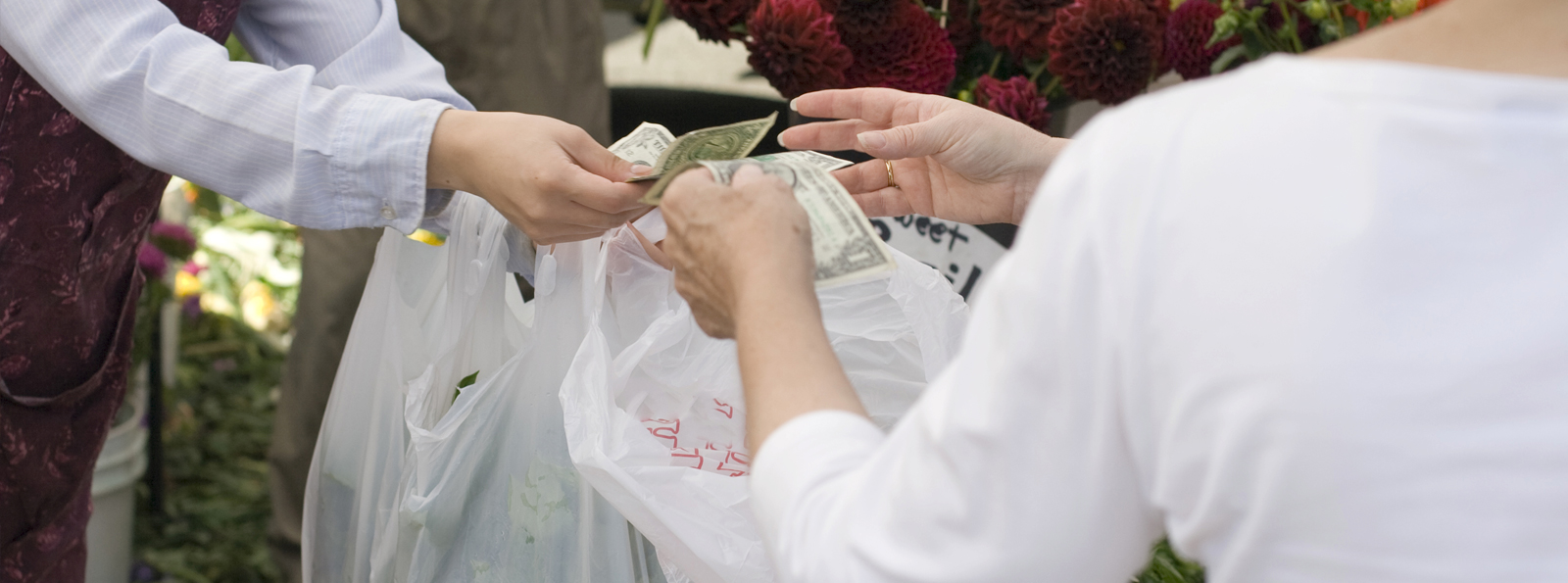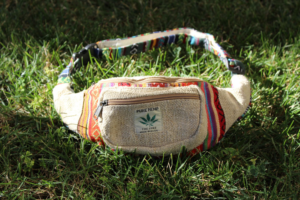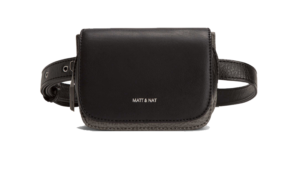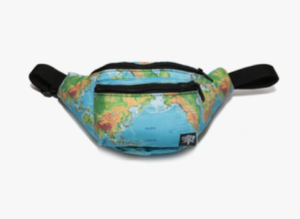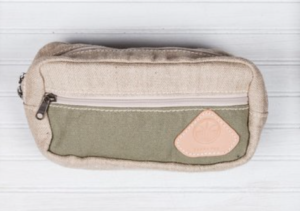There has been a fair amount of confusion over the new Dallas bag law, which came into effect at the start of 2015. Questions abound: is it a bag ban, or a bag tax? Does it apply just to plastic bags, or to paper bags as well? What stores are affected, and what changes do they have to make?
To answer those questions, here is everything you ever wanted to know about the Dallas bag ordinance:
What is it?
Unlike recent laws passed in Austin and California, the Dallas law doesn’t actually ban all single-use plastic bags. It does regulate the types of single-use bags that are allowed within the city, which means some bags that don’t meet the law’s standards are now effectively banned.
The most noticeable change is that the Dallas bag law requires stores to charge customers five cents for every single-use bag they get from the store. Most of that money goes to the city, so it could be considered a bag tax; officially, it’s called an “environmental fee.”
Why was it passed?
The stated goals of the Dallas bag regulations are to promote a “culture of clean” by reducing bag litter, and to encourage people to switch to reusable bags instead.
What bags are affected?
Most anything that you would call a “shopping bag” is subject to the new rules. As with most bag bans, other types of bags (such as garbage bags or produce bags) are not affected by the law.
These bags are specifically NOT affected by the new Dallas bag ban:
- Laundry, dry cleaning, or garment bags.
- Biodegradable door hangers or newspaper bags.
- Garbage bags sold in packages.
- Recyclable paper bags used to hold prescription drugs.
- Take-out food bags made from recyclable paper.
- Plastic take-out food bags, as long as they are needed to prevent liquid spills.
- Bags used by customers inside a store, such as produce bags.
- Bags used by non-profits to distribute food or clothing to the needy.
What are the new standards for single-use shopping bags?
Single-use bags must be at least 0.7 mils thick (which is thicker than the plastic bags used by some stores before the change). They must also be printed with the name of the store and the thickness of the bag. The generic “Thank You!” bags used by many smaller stores will therefore no longer be allowed.
What about reusable bags?
If bags are reusable, they are not subject to the five-cent fee (and the associated paperwork). Bags are considered by Dallas to fit in the reusable category if they can carry 16 pounds at least 100 times.
For a plastic bag to be considered reusable, it must also be recyclable and be at least 4 mils thick. For a paper bag, to be considered reusable, it must contain at least 40% recycled content in addition to carrying the 16 Lbs.
In addition, the reusable bags must be printed with the name of the store and the fact that it is designed to be reused or recycled.
What stores are affected?
Any type of business, of any size, that offers shopping bags in Dallas is covered by the law. That means grocery stores, department stores, boutique clothing stores, gas stations, thrift shops, antiques dealers, roadside fruit stands—absolutely any kind of “entity” that provides carryout bags to customers is included.
What must stores do to comply with the law?
There are three options:
- Don’t offer bags at all, and post signage stating that you don’t.
- Offer only reusable bags.
- Offer single-use bags, and follow all the new rules about fee collection, remittance, and signage.
To take option 3, the store must:
- Register with the city (for free). The application is here.
- Have bags that meet the standards listed above.
- Charge customers five cents per bag. The charge must be listed as a separate item on the receipt.
- Remit 90% of the total fees collected to the city each quarter, within 20 days of the quarter’s end.
- Keep detailed records of the number of bags given to customers and the fees collected. These records must be kept on-site and available for inspection at each store location, and cover at least the prior year’s worth of transactions.
- Have the required signage installed, as explained below.
What signage is required?
Businesses have to put up signs, in both English and Spanish, within six feet of each point of sale. The signs must say whether or not the store offers single-use carryout bags (even if the store is not registered with the city and doesn’t offer bags, it must have signs stating that fact). The signs must explain the fee, the options available for carrying out items, and the environmental benefits of reducing, reusing, and recycling.
In addition to the point-of-sale signs, stores must also post signs within the store’s parking area that encourage customers to bring their own reusable bags. There must be at least one sign for every 50 parking spaces. If the store has fewer than 50 parking spaces, it should instead have a sign at each customer entrance. These signs must be at least 11×17 inches and be made of rigid, weather-resistant metal.
What does the city do with the fees collected?
The bag fees can be used by the city of Dallas for only four purposes:
- Covering the costs of the registration program.
- Buying or distributing reusable bags.
- Educating the public on reducing the use of single-use bags.
- Environmental clean-up programs.
What about the percentage of fees that the stores keep?
Stores keep 10% of the bag fees collected, or a half-cent for every single-use bag. That money is intended to offset the costs of complying with the bag law.
What happens if a business doesn’t comply with the law?
Breaking one of the Dallas bag regulations carries a fine of up to $500 per day.
Where do RagBags fit in?
RagBagsTM are reusable bags that fit the requirements of the Dallas bag ordinance. They are strong and durable enough to carry 16 pounds 100 times, and can be custom-printed with the name of the store and all other required information. Therefore, RagBags are not subject to the Dallas bag fee and the restrictions surrounding single-use bags.
More importantly, RagBags are better at achieving the bag ban’s goals than typical reusable bags. Instead of using even more plastic to make thicker reusable bags, or buying an imported reusable bag which are typically made from Petroleum based Non Woven Polypropylene, RagBags are made from degradable, bio-based materials. And whereas any reusable bag can reduce litter from single-use plastic bags, RagBags do that and more: they are intended to be repurposed as a cleaning cloth and thus reduce other types of waste and litter. For example, the super-absorbent RagBags material can serve as a replacement for paper towels. Since it is also washable, a single RagBag if used only 6 times can eliminate the need for an entire roll of paper towels.
RagBags are even made right here in Dallas, so they are a local product and cut down on the amount of transportation and fuel required to get bags to the stores.
To learn more about getting RagBags at your store, please contact us.
